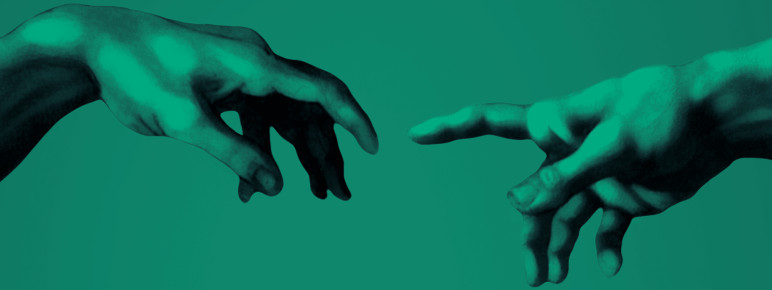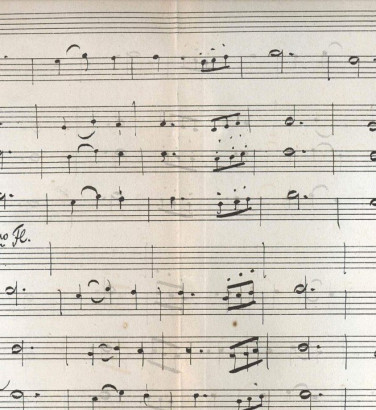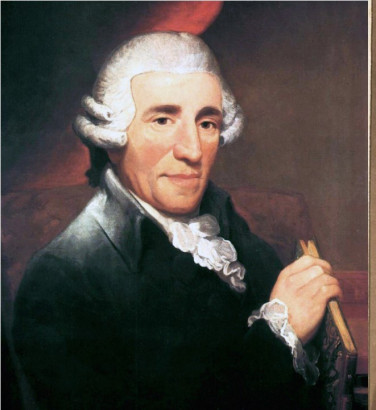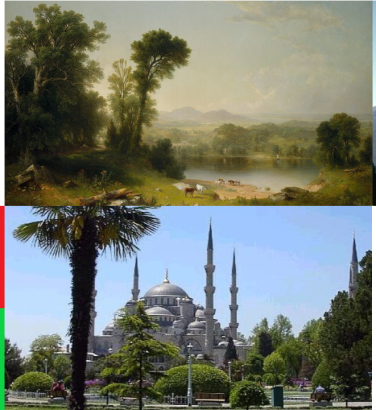
Haydn's Creation: an 18th century masterpiece
30 Sep 2022
News Story
Haydn wrote his choral masterpiece The Creation in the last years of the 18th century (between the death of Mozart and the rise of Beethoven), and it’s fair to say it encapsulates everything about the period. Audiences today may take its firm belief in humanity’s capacity for goodness with a pinch of salt, but its good cheer invariably wins them over. Only the most hard-hearted of listeners, unimpressed by such naïve optimism, could remain unmoved by such a positive outlook.
a tour de force, full of character and finely nuanced details
No resting on his laurels
This can of course be said about a good deal of Haydn’s music, but what makes The Creation truly exceptional is that he was well into his 60s when he wrote it, an age (especially impressive for the time) when anyone else might have been taking things easy. Haydn had admittedly cut down on the amount of work he took on – he was starting to find composition more difficult – but this seems to have spurred him into pushing the boundaries even more than usual. This is evident from the very first page of The Creation: the sheer strangeness of The Representation of Chaos hints at Berlioz and beyond to the likes of Wagner or Debussy, decades before their time. The music is all over the place harmonically and frankly odd snatches of instrumental lines feature prominently, especially in the woodwind.

Order from chaos
Just as God imposes order on this literal chaos before flexing His creative muscles, so Haydn’s music quickly settles down, leaving him free to explore the vast sonic possibilities at his disposal - hence the slow build of the first sunrise or the deftly sketched animals. Not that you could miss it, but the double bassoon is particularly worth listening out for.
Inspired by the Handel oratorios Haydn had heard on his two visits to Britain, The Creation was an immediate success here as in his native Vienna, despite a far from idiomatic English translation. It swings from awkward to unintentionally humorous and back again, but with occasional lapses into near gibberish (“today that is coming speaks it the day”?!), a good deal of performances, including this week’s, prefer to stick to the original German – but either way, The Creation is a delight, a celebration of the world around us which is hard to resist.
Related Stories
![]()
Unfinished symphonies
15 December 2025
Your starter for ten: besides Schubert, who has an unfinished symphony to their name?![]()
Haydn, Father of the Symphony
22 September 2025
In the latest in our series looking at the symphony, what makes Haydn so significant in its development?![]()
Symphonies and their nicknames
8 September 2025
Beethoven's Fifth has a nickname? Well, it does according to some people ...


